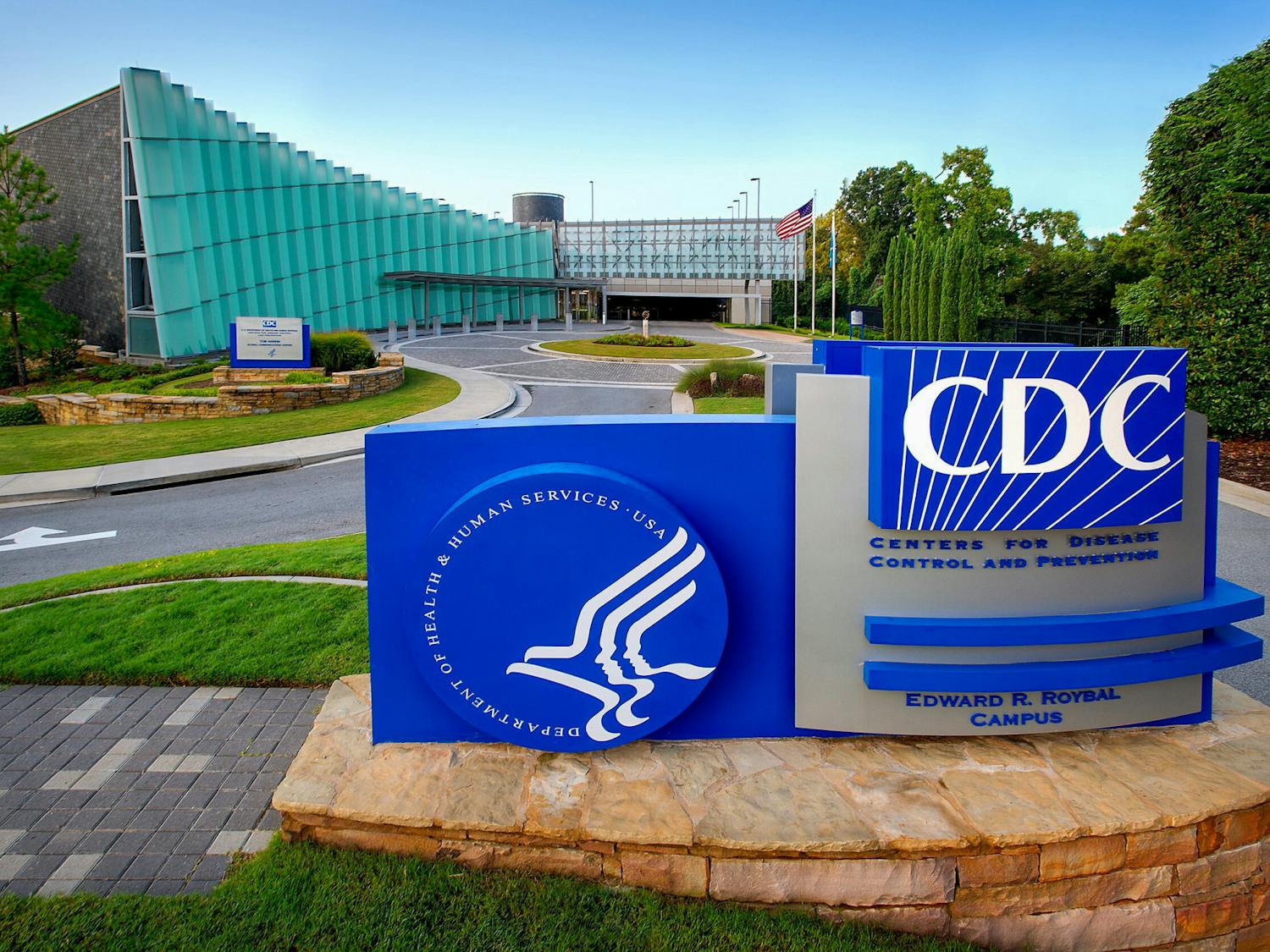As the University prepares for a hybrid fall semester, it plans to implement a Student Campus Compact in efforts to mitigate the risk of Penn community members from contracting the coronavirus.
The Compact expects students to adhere to a set of public health and safety measures, including practicing strict physical distancing and using facial coverings for two weeks before returning to campus before classes start on Sept. 1.
“We're not going to make you sign a contract,” Director of Campus Health Ashlee Halbritter said. “We believe in the Penn students' ability to buy into the public health recommendations that exist to keep everybody healthy and safe."
Guideline violations will be brought to a Compact Review Panel, which will then assess and determine the appropriate response for each case.
Students will be expected to use the mobile PennOpen Pass app, which has already been piloted to Engineering and Nursing students, for daily wellness checks, Executive Director for Education and Academic Planning Gary Purpura said. The app will enable student access to campus buildings.
Students must monitor for symptoms, get tested as recommended by health professionals, and track their contacts if they test positive for COVID-19, according to the Compact.
Gatherings are only permitted in designated indoor and outdoor spaces, and students must follow all procedures for entering and exiting campus buildings and classrooms. Students are also prohibited from having guests, including family members, in their personal residences. Unnecessary travel must be limited and students must comply with Philadelphia Department of Health guidelines if travel is necessary, according to the Compact.
Extracurricular activities must proceed virtually whenever possible, and organizing, hosting, or attending any events, gatherings, or parties off campus is prohibited. Students must avoid large gatherings of 25 or more people, including in all extracurricular activities, according to an email Penn sent to the University community on June 25 detailing fall semester plans.
RELATED:
The DP spoke with two of Penn’s health experts. Here’s what you need to know about fall 2020.
As some colleges switch to a remote fall, Penn declines to say whether it will change plans
As public health guidelines shift, the Compact will adapt to those changes to ensure campus safety throughout the semester, Purpura said.
Enforcement of students following the Compact will generally be on the honor system, Chief Wellness Officer and Associate Provost Benoit Dubé previously told The Daily Pennsylvanian.
The Compact Review Panel, which will likely have a team of three people — including faculty, administrators, and students — will handle complaints and review all reported Compact violations to determine next steps.
“The bigger things, like having a 30-[person] party in a one-bedroom apartment or a large group of people not wearing masks on campus, are what we would anticipate the Panel dealing with,” Purpura said. “With the sort of everyday ‘people forget to wear facial coverings,’ we expect the other community members will just deal with those in the moment.”
Students who violate the Compact may be directed to refrain from participating in on-campus activities, lose access to campus buildings, or have their Penn cards deactivated, according to the Compact.
But for severe violations, the Panel can refer cases to the Office of Student Conduct, which is authorized to issue more serious disciplinary consequences such as suspension or expulsion.
“The spirit of this compact is not to create a police state, but rather to create a collective engagement in this so that we are in this together,” Dubé told the DP.
Purpura said many students have asked him about the consequences for violating the compact, which he said is less important than the Compact's purpose to hold community members accountable to each other.
Faculty and staff will be expected to obey similar versions of the Compact, Purpura said.
“In trying to find loopholes or ways around the Compact, all you’re doing is putting your friends, yourself, and everyone you’ve come into contact with at risk,” Purpura said. “The message I really want to get across is that this is about safety: your own safety, and that of people you care about that you come in contact with.”









